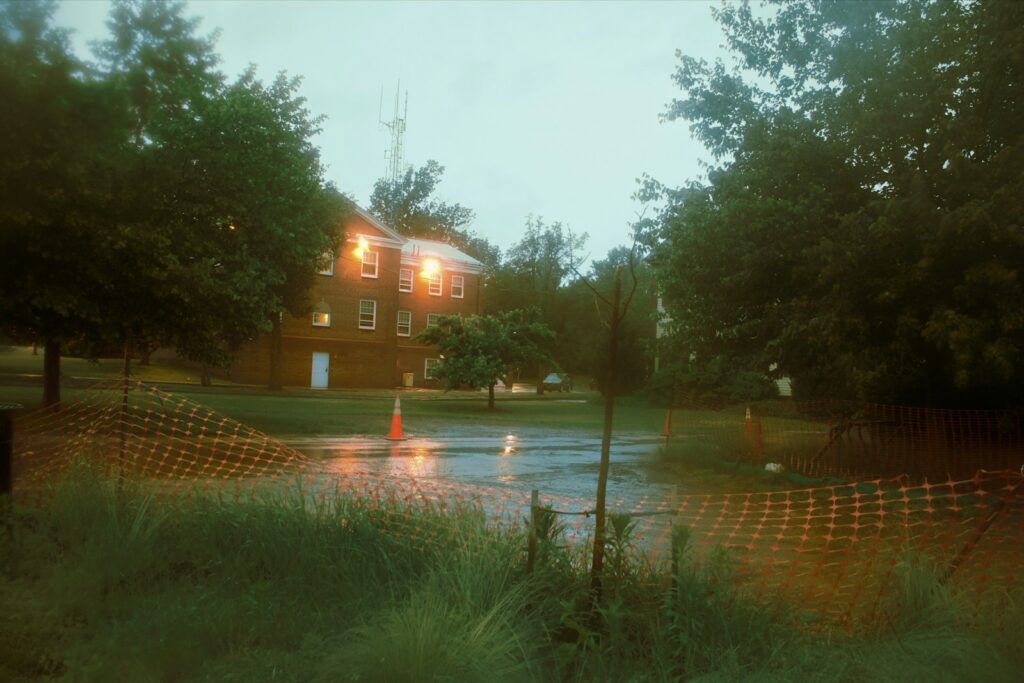A new campaign has been launched to inspire farmers and the public to restore ‘unloved’ farm ponds.
University College London (UCL), who is behind the Big50 initiative, hope to achieve at least 50 pond restorations this autumn.
The project hopes to bring farmers and local volunteers together to foster an awareness and appreciation of the value of ponds to biodiversity conservation.
UCL researchers say restorations offer huge benefits for water plants, invertebrates, amphibians and fishes. Their research also shows restored ponds to be hotspots for pollinators such as bees and hoverflies and help to feed farmland birds that dine on emerging insects.
Farmland ponds often have their origins as marl or clay pits and in some cases livestock watering ponds and they can be many centuries old.
However, over the last 50 years farm ponds have been in-filled to create more agricultural land, while remaining ponds have been greatly neglected and become overgrown with trees making them dark and inhospitable to many species. These two forces have led to widespread declines in farmland pond biodiversity
Working with partners including, the Norfolk Ponds Project, the Upper Wensum Farm Cluster Group, Gloucestershire Farming & Wildlife Advisory and The Wildfowl & Wetlands Trust, the UCL team will be restoring ponds throughout September and October.
Restorations will take place in Norfolk, Lancashire and Gloucestershire.
Researcher Helen Greaves (UCL Geography) said: ‘Ponds are a lifeline for Britain’s wildlife providing food and habitat throughout the year, but they are in decline. This is a national crisis.
‘We are calling on farmers and the public to help to bring Britain’s ponds back to life and reverse this worrying decline.’
Inspired by a Norfolk farmer, in 2014 PhD student Helen and Dr Carl Sayer from the Pond Restoration Research Group, part of UCL Geography, started the Norfolk Ponds Project (NPP) with the aim of restoring farmland ponds in the county, successfully restoring 60.
Photo Credit – UCL












